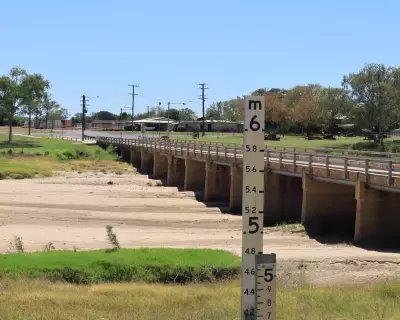
In a bold move that bridges climate activism with humanitarian intervention, Swedish environmental campaigner Greta Thunberg has joined an international flotilla attempting to breach the Israeli naval blockade of Gaza.
The activist confirmed her participation in the mission, organised by a coalition of pro-Palestinian groups, despite explicit warnings from the Israeli military that the vessels would be intercepted.
Defying Military Threats
Israeli defence officials have stated unequivocally that any attempt to approach Gaza by sea will be met with force. "We have made it clear to the organisers that we will not allow any vessel to reach Gaza illegally," a military spokesperson told reporters.
Thunberg, speaking from an undisclosed location before departure, stated: "The climate crisis and humanitarian crises are interconnected. We cannot stand by while people suffer. This is about basic human rights and dignity."
International Response
The flotilla has drawn mixed reactions from world leaders. Several European politicians have expressed support for the humanitarian mission, while others have cautioned against challenging Israeli security measures.
This isn't the first attempt to break the naval blockade. Previous flotillas have resulted in violent confrontations, most notably in 2010 when Israeli commandos raided the Mavi Marmara, resulting in multiple casualties.
Broader Implications
Thunberg's participation marks a significant escalation in her activism, moving beyond environmental issues to direct involvement in international political conflicts. Supporters praise her courage, while critics question the wisdom of inserting herself into such a volatile situation.
The outcome of this mission could have far-reaching consequences for both the Gaza blockade and the future direction of global activism.





